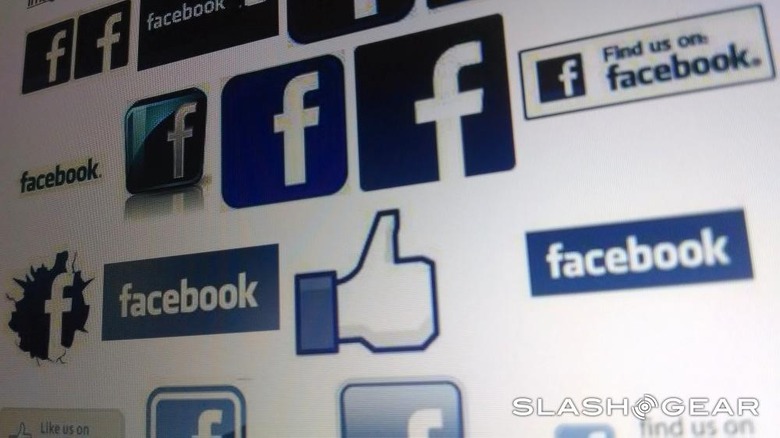Mark Zuckerberg: Internet.org Is "Onramp" To The Web
Mark Zuckerberg's has been talking about Internet.org's plans to get the developing world online, describing the project as "an onramp to the internet" for those who may not realize quite why they need it. "If you didn't grow up with access to the internet," Zuckerberg said during his keynote at Mobile World Congress today, "you may not know the reason why you'd want a data plan."
Zuckerberg first discussed the Internet.org partnership back in August 2013, working with companies like Samsung, Nokia, and Opera to bring more affordable web access to the two-thirds of the world that currently isn't – or can't afford to be – online. Details at the time were relatively scant, with the Facebook CEO merely suggesting that each partner would work on technologies to cut the technical or cost issues preventing broader internet penetration.
Now, Zuckerberg is ready to share a few more details, or at least talk more on the principles behind both the philanthropic and business drivers in Internet.org. Comparing it to 911 service in the US, the CEO suggested it could include basic search, basic social networking, and Wikipedia access: all text-based services, for the most part.
"You're never going to have high-res streaming video through basic services like this" Zuckerberg pointed out. However, it could give people in relatively low income areas a reason to choose to buy a cheap data plan. "It shoes people why it's rational and good for them to spend the limited money they have on getting access to the internet," he said, "and I truly believe it's the rational thing for them to do."

Facebook and Internet.org is now looking for three to five more partners to build on its initial trials, with Zuckerberg hinting that search would be a popular addition. "What I hope is we can prove that the model works," he explained, "and then get to a place where we can work with a larger number of carrier partners over the next two to three years. After that, the hard work really begins."
Exactly how the project can make money for those partners hasn't quite been figured out, Zuckerberg conceded. "We're probably going to lose money on this for quite a while" he said, though insisted that Facebook's board is behind the company's participation in Internet.org. "There's no clear plan I can say today" for Facebook monetizing it, he explained, "[but] over time I think it will probably be good for us, too."
One possibility is micro-transactions, Zuckerberg suggested. For instance, a user might click on a paid video link in the news stream they get to access free, and be offered the chance to pay some small amount to watch it, billed to their carrier.
Making that work will require collaboration, he concluded, between content providers, carriers, and others involved. "The more friction we can take out of this process," Zuckerberg said, "the more people will be willing to pay for video or whatever."
